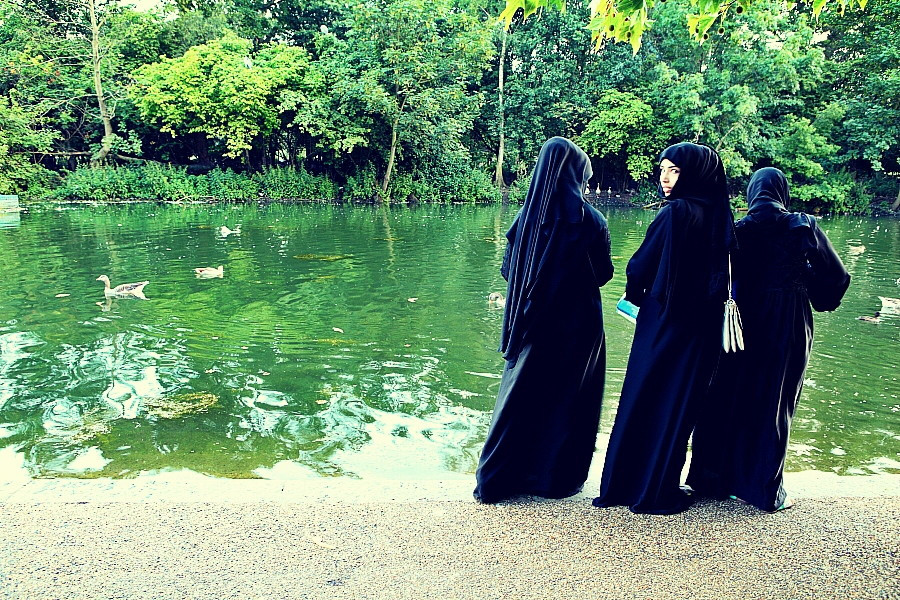Niqabs and nationalism
Islamophobia an election issue threatening Canadian identity
With the October 19 federal election date fast approaching, many have begun to contemplate the contributions of multiculturalism in Canadian society. Embedded within multiculturalism are values of the utmost importance to our national identity.
To quote Benedict Anderson, nations are like a novel: they’re both comprised of many characters, and while those characters may never meet face-to-face, they all contribute to the same story.
In Canada, the assumption is that all prevalent cultures, in all their diversity, embrace values that we might call “Canadian.” However, some cultures are seen as incompatible with Canadian values.
A recent Angus Reid poll shows that, in contrast to six years ago, a majority (54 per cent) of Canadians now hold an unfavorable view of Islam.
The prejudice has manifested itself in some bizarre policies developed during the federal election campaign, like a government-monitored hotline for tips on barbaric cultural practices, as suggested by the Conservative party.
The term “barbaric cultural practices” has been in Canada’s citizenship guide since 2009, but what constitutes a barbaric practice and how widespread it must be to be considered a cultural practice is unclear.
The ambiguity has resulted in the belief by some that the niqab is forced upon Muslim women by a patriarchal culture. Some claim that forcing women to remove their niqabs during citizenship ceremonies and in the workplace is done in defense of women’s rights.
The assumption here is that cultures are homogeneous and that the misogynistic beliefs of a few can define a culture at-large. The reality, however, is that toxic values are not inherent in Islam.
Kobra Rahimi is a refugee who came to Canada in 2001 at the age of 15, following her family’s escape from Iran.
For Rahimi, Canada offers “the freedom to pray and wear my hijab.”
“I know many people around the world don’t have this,” she says. “Multiculturalism means we can wear our cultural clothing everyday if we want to and be free to have religious symbols as long as it doesn’t harm others.”
Rahimi says her Muslim faith does not exclude her from embracing other cultures and she describes her family as avid hockey fans.
Her culture is not homogeneous and, at the same time, it still embodies many of the same values deemed quintessentially Canadian: peace, individual freedom and community. These values are expressed through multiculturalism, a principle we should be defending, not policing. After all, it was the policing of culture that led Kobra’s family to flee Iran fourteen years ago.
As you cast your vote on Oct. 19, remember that those living here - and those who have yet to immigrate - likely want the same thing as you: to freely embrace whatever cultures they identify with and to live harmoniously with their fellow Canadians. I think that is something we can all make a toast to.
Published in Volume 70, Number 6 of The Uniter (October 15, 2015)








